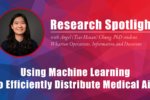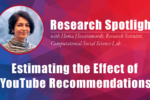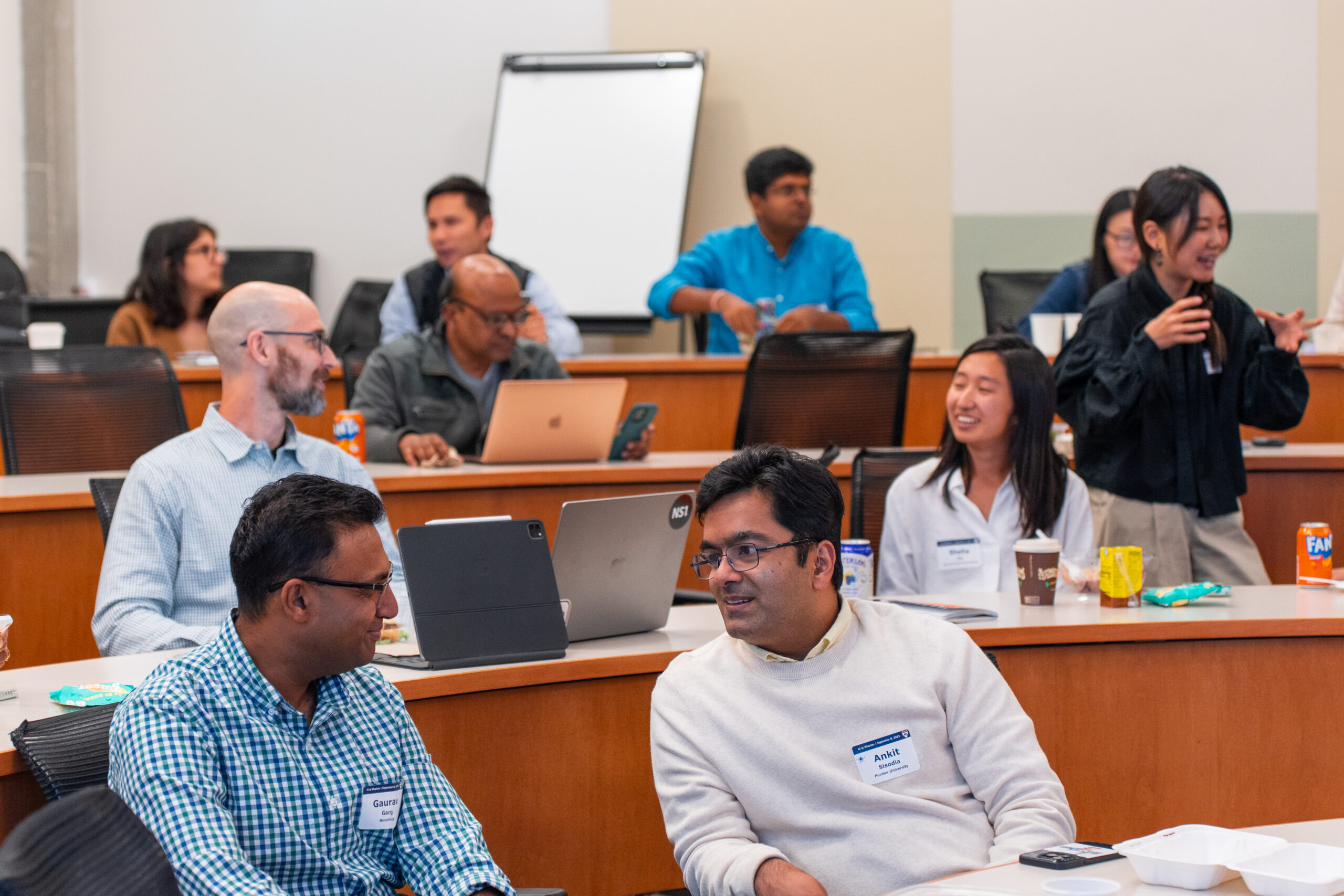
Analytics at Wharton spoke with David Reibstein, Catherine “Cait” Lamberton, Z. John Zhang, and, Martin P. Fritze about their research into the attitudes of consumers towards cryptocurrencies – whose true value is famously difficult to ascertain – and how those attitudes are reflected in the pricing of cryptocurrencies.…Read More










